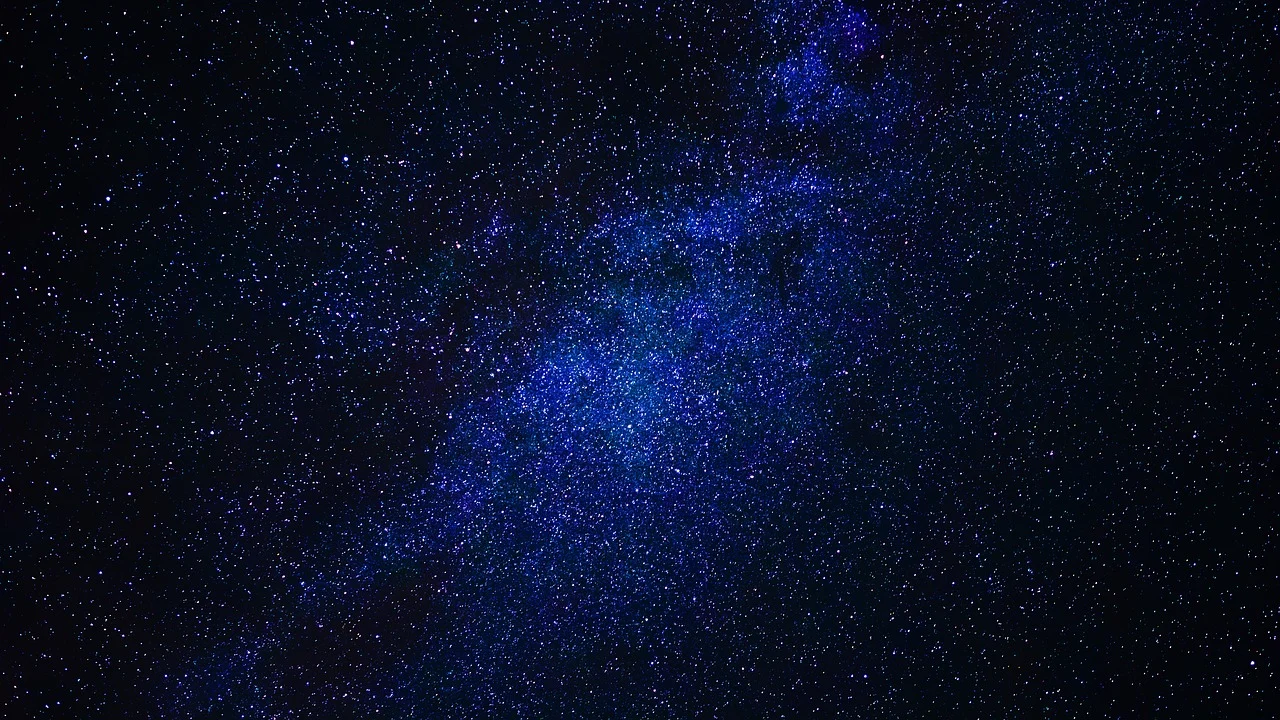Marina Cortês

In “BioCosmology: towards the birth of a new science”, papers I, II, and III (Cortês, Liddle, Kauffman and Smolin, 2021, appearing) we show that physics needs a total reshaping in order to cross the limitative boundaries of reductionism and move into the new fields of biology and the neurosciences. That reshaping is provided by combinatorial innovation. While free is not possible under the traditional physics methodology of the Newtonian Paradigm and determinism, along with the reductionism assumption, our work shows this must be radically reconsidered.
The integration of a large number of deterministic differential equations of motion for many-body systems fails to explain the system’s behaviour even for very low complexity systems like, for example, the properties of solid states of matter (Anderson, Laughlin, Leggett).
At high complexity scales – where one can speak of living organisms – this failure is even more manifest, and we argue goes beyond limitative computational performance. We claim that one cannot integrate the equations of motions to predict the genomics of an unborn infant, nor to predict what a person is going to decide.
Further I want to derive the connection between my award-winning work on the quantum gravitational foundations of the arrow of time (Cortês and Smolin, 2013 – Inaugural Buchalter Cosmology Prize) and the non-reducible, emergent phenomena, which operate at the neural science scales where the intense debate of free agency takes place.
To join the session click here.
Bio
Marina Cortês (University of Lisbon, Perimeter Institute) is currently founding a new scientific field, Biocosmology. It is the first bridge connecting cosmology and biology, scientific areas which were previously disconnected though lack of a common mathematical framework and tools, between the two up till now. Biocosmology allows us to see life through the lens of black holes, dark energy, and dark matter. It is the first quantification, ever, of the value of our planet before the vastness of the cosmos.
Marina Cortês has more than 15 years experience in cosmology. She worked in three continents, including National Berkeley Lab and UC Berkeley, the Perimeter Institute in Canada, and the Royal Observatory of Edinburgh in the UK, before taking up her current position at the Institute for Astrophysics and Space Sciences in Lisbon, Portugal. She has worked both in large observational collaborations such as the Sloan Digital Sky Survey, and from a purely theoretical perspective.
Her work has influenced our understanding of the Universe’s youngest stages, the mystery of its present acceleration, and especially the fundamental nature of time itself. Her 2013 Phys. Rev. Letters article ‘Anomalies in an Open Universe’ was selected as Special Highlight by the American Physical Society, an honour given only to less than 1% of all publications in this already exclusive journal. In 2015 her article ‘The Universe as Unique Events’ was awarded the USD 10,000 Inaugural Buchalter Cosmology Prize, jointly with Lee Smolin.

